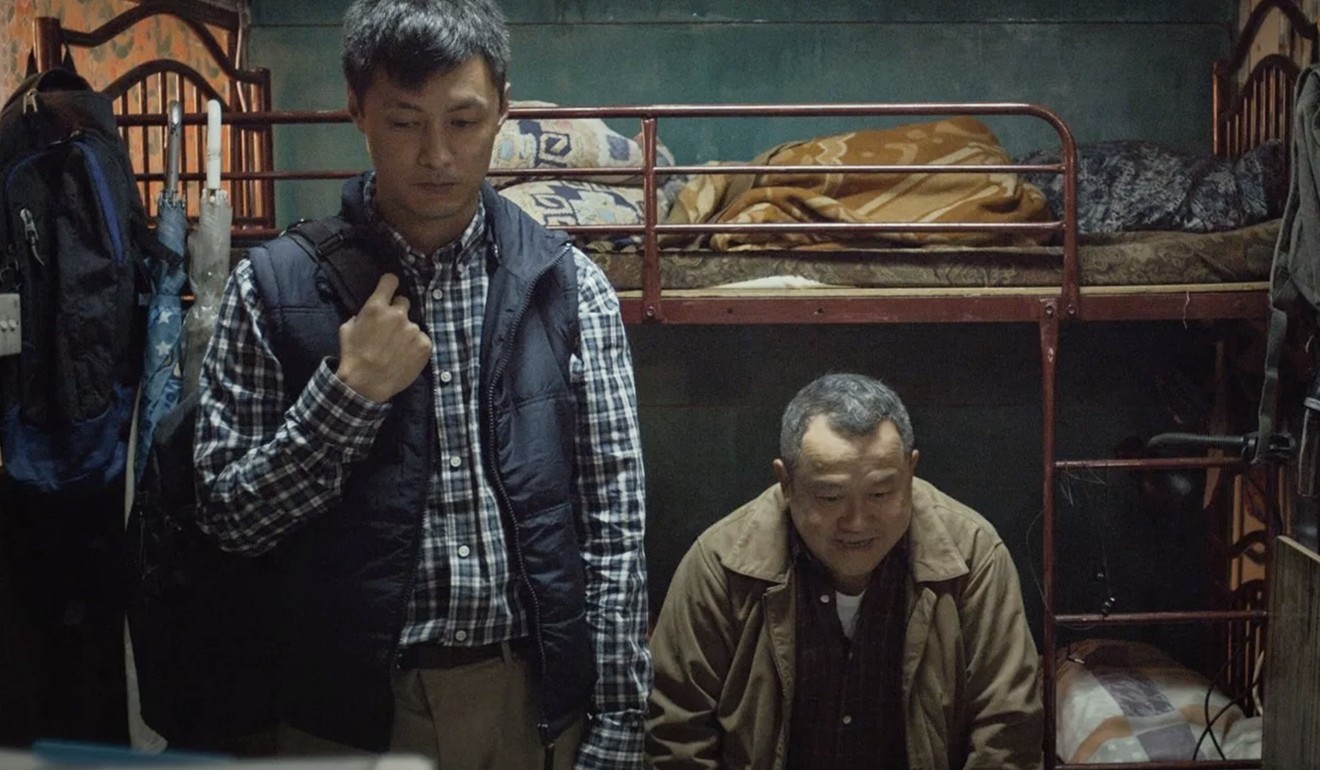
Its rich heritage is unquestioned, but Hong Kong cinema faces uncertain future
Audiences’ shifting tastes, a scarcity of funds and a move to co-productions with mainland China mean it is tough to make truly local pictures. But some cineastes see signs of a better tomorrow
With the rise of mainland co-productions, local films are slowly being edged out of major international film festivals. Gone are the days when Cannes Film Festival would modify its entire schedule around the late arrival of Wong’s latest offering, as it did in 2004 with his hotly anticipated romantic drama 2046.

Instead, local filmmakers are increasingly falling into two polarised camps, according to Hong Kong film expert and writer Kevin Ma. On one camp are directors who stick to telling Hong Kong stories, and are nonetheless making waves in the Asian film world despite their shoestring budgets.
“They are more suited to telling smaller-scale narratives, and value their artistic vision,” Ma says.
In the other camp are Hong Kong directors who have embraced the shift towards big-budget mainland co-productions, along with the inevitable censorship of certain themes such as crime and the supernatural.

More than half of the films made locally last year were mainland co-productions. And that figure looks likely to grow, given that Chinese box office sales reached a whopping 45 billion yuan (US$6.6 billion) in 2016.
Back in the 1980s and early 1990s, the Hong Kong film industry was producing hundreds of local Chinese-language films every year, surpassed in productivity only by Hollywood and Bollywood.
Directors such as Wong and Fruit Chan gained international fame riding on the back of the Hong Kong Second Wave film movement, along with actors such as Leslie Cheung Kwok-wing, Tony Leung Chiu-wai and Maggie Cheung Man-yuk.
Filmmaker John Woo’s stand-out gangster drama A Better Tomorrow (1986), starring Chow Yun-fat and Leslie Cheung, had a deep influence on crime-action films in Hong Kong, Hollywood and beyond.
Today, the annual local output is down to about 60 films. While some may wish they could turn back the clock to the golden era of Hong Kong film, Ma is certain that the industry will never return to its 1980s peak in terms of productivity and scale.
Why, in Chinese cinema, bad things happen only in Binhai
This is down to a number of complex factors, not least the intense competition from mainland cinema. Ma maintains that, contrary to popular belief, the decline of local filmmaking started before the Chinese film industry got big in the mid-90s, when regional film markets were badly affected by the Asian financial crisis and widespread film piracy.
“So the Chinese film boom came as a lifesaver actually, and gave people in the industry a lot of new opportunities,” he adds.
Other major reasons include the gradual drying-up of the local film talent pool in response to lacklustre government funding of arts education programmes, as well as a generational shift in audience tastes away from the triad dramas and kung fu films of old, towards more Westernised blockbusters that are not necessarily Chinese-language.

“Hong Kong people are very adaptive, and the fact that they have turned to Chinese co-productions is first and foremost a matter of trying to find a bigger audience,” Ma says. “There’s this huge market right next to us and we share a similar culture, so why not give [local filmmakers] a bigger budget and bigger possibilities?”
Examples of resourceful Hong Kong directors who have had commercial success with mainland co-productions include Derek Kwok Chi-kin – who moved from making indie flicks to 2017’s epic fantasy action drama Wu Kong – and Tsui Hark, who pioneered the use of 3D special effects in locally made films.
“The pressure is also on Hong Kong directors to step up their game,” Ma says. “They have to realise that the tastes of their audiences in both Hong Kong and China are getting more sophisticated; they can’t just rehash old formulas.”

But some local connoisseurs still believe all is not lost in the battle for the future of local filmmaking. Dr Sobel Chan Ka-lok, a film professor at Hong Kong Baptist University, says the industry is currently going through a “transition period”, and that he remains optimistic that the younger generation will continue making critically acclaimed films without losing its distinctive Hong Kong identity.
Meet one of Chinese cinema’s brightest stars ... at 14
“There are many young up-and-coming filmmakers like those who directed Mad World and Weeds on Fire, graduates of the film schools at HKBU and City University,” Chan says. “Nowadays there’s still hope for young filmmakers in Hong Kong. They have talent, but just need more investment.”
Chan says local filmmakers can still be commercially successful in Hong Kong and other regional markets such as Taiwan, Malaysia and Singapore. “Young local filmmakers won’t have to sell out to the mainland,” he says. “Because they don’t need to go through censorship, they can have total creative freedom.”

